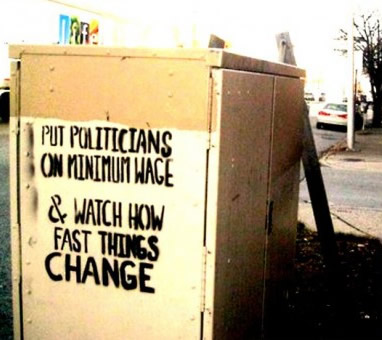AS ONE drives on our country’s highways (highway here being a polite term for those dangerous pot-holed paths that connect our cities) there is one thing that one gets used to: the sight of a broken down bus. As one who literally grew up plying the Mutare-Harare route on a Tenda or Kukura Kurerwa bus, I know the pain and despair when the bus gives up the ghost. But it seems to be happening just too often nowadays.
In 1992, because of my mad love for soccer, I used to take the first bus out on a Sunday morning and do the 265km journey to Harare to watch Reinhard Fabisch’s Warriors slaughteringTruck/bus other national teams. At one time the bus of choice for us was called “Scud Mabasa” and it was driven by an equally crazy man who wore a permanent huge grin which pretty much resembled the front grill of his blue and white machine. Serious.
Immediately after the game it was a mad rush to Msasa to try to catch the last Tenda bus. If you missed that then it was the gonyeti – long-distance trucks. Believe me these were a nightmare in themselves – the drivers were always garrulous, slow and overly keen on stopping and piling more passengers into that small cabin. One time I jumped onto a gonyeti driven by a man who had a severe tummy problem. I will spare you the details but you can imagine how many times we had to stop and the driver would rush into the nearby bush…
Now where am I going with this road tale? Each week we are buffeted by events that bring contradictory emotions in us – the economy is re-bounding we are told and at the same time some people behave like Nazi blackshirts and storm parliament. The result can be that feeling of uncertainty that comes whenever you jump on any of our “chicken” buses.
To get a perspective on uncertainties our country throws at us, let’s go on a journey on the Pungwe Star bus from Mabiya to Chigodora. You board the bus – not because that is the one you really want – but the touts at the terminus do not give you a choice. They seize your bag and the next thing your Monarch suitcase is on the roof being bundled with other luggage. For that involuntary service the “hwindi” will demand a tip or else… Ask yourself if this is too different from being frog-marched to an election booth and being told where to place your “X”.
Once on the bus you will discover that the bus is like a mini-country – there are all sorts of people there – women, men, children…But like in the real world you will be forced to cohabit with strange characters – the young boy who opens his “skaf-tin” to take out two boiled eggs and salt wrapped in khaki paper. The woman who buys mealie cobs, misses the window as she tries to throws the sheaves and messes up your Michael Jackson red and black leather jacket. The drunkard who piles in sorghum beer, washes it down with some lagers and forgets there is no loo on the bus (he will later shout himself hoarse for “Recess, driver!”)
The bus conductor is a greasy character that all passengers are in awe of (very much a mini-Joseph Chinotimba or Jabulani Sibanda). He has not given anyone their change – he has written what’s due to you on your ticket and he will sort out the change when he feels like. Should you complain rather loudly he threatens to stop the bus and chuck you out – right there in the middle of the msasa bush.
There will be roadblocks – countless stops by officers asking for the same things over and over again. For the bus crew roadblocks are like toll-gates…
The inevitable tyre puncture happens (could this be the equivalent of inflation?) It is discovered that the spare tyre has no pressure and also it is a “snake” (it is worn out). Worse still, the hydraulic jack is missing. The wait begins. The povo does not have a clue if a spare bus will be sent. No one knows if the driver has called for help after all he had said his cellphone had no airtime… Just like a country there is no plan B.
All that people can say on their phones to anxious relatives is the dramatic – “Bhazi rafa” (literally, the bus has died). When the bus dies no one gets a refund. It’s like contributing to a public housing fund and the next thing you know some clever folk have swindled you of your money and built themselves mansions.
But it could be worse – an accident could happen. At one time we seemed to be on a mission to kill our farmers – think Dande Bus Disaster 1982 (61 farmers killed), Chivake Bus Disaster 1989 (78 farmers perished) and we had to add schoolchildren too with 80 killed in the 1991 Nyanga Bus Disaster (the overall total was 87).
Can we safely declare 2008 to be our worst year in living memory –the year of when the locust ate the economy and politics contrived to deny the will of the people? Was this our Nyanga Bus Disaster?
Or maybe we avoided a total disaster but we have the unique arrangement of three drivers who constantly argue about who should be at the wheel and where the bus should be going? The third driver is content to be just called a driver.
In any case the Zimbabwe bus is heading towards an uncertain destination. Maybe one day the passengers shall take matters into their own hands and demand to be delivered home – safe and kenge? For now the bus croaks on…










